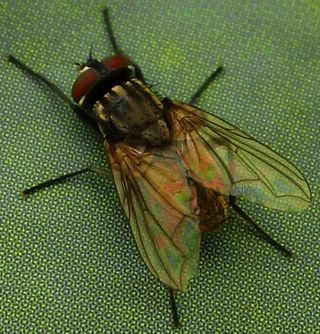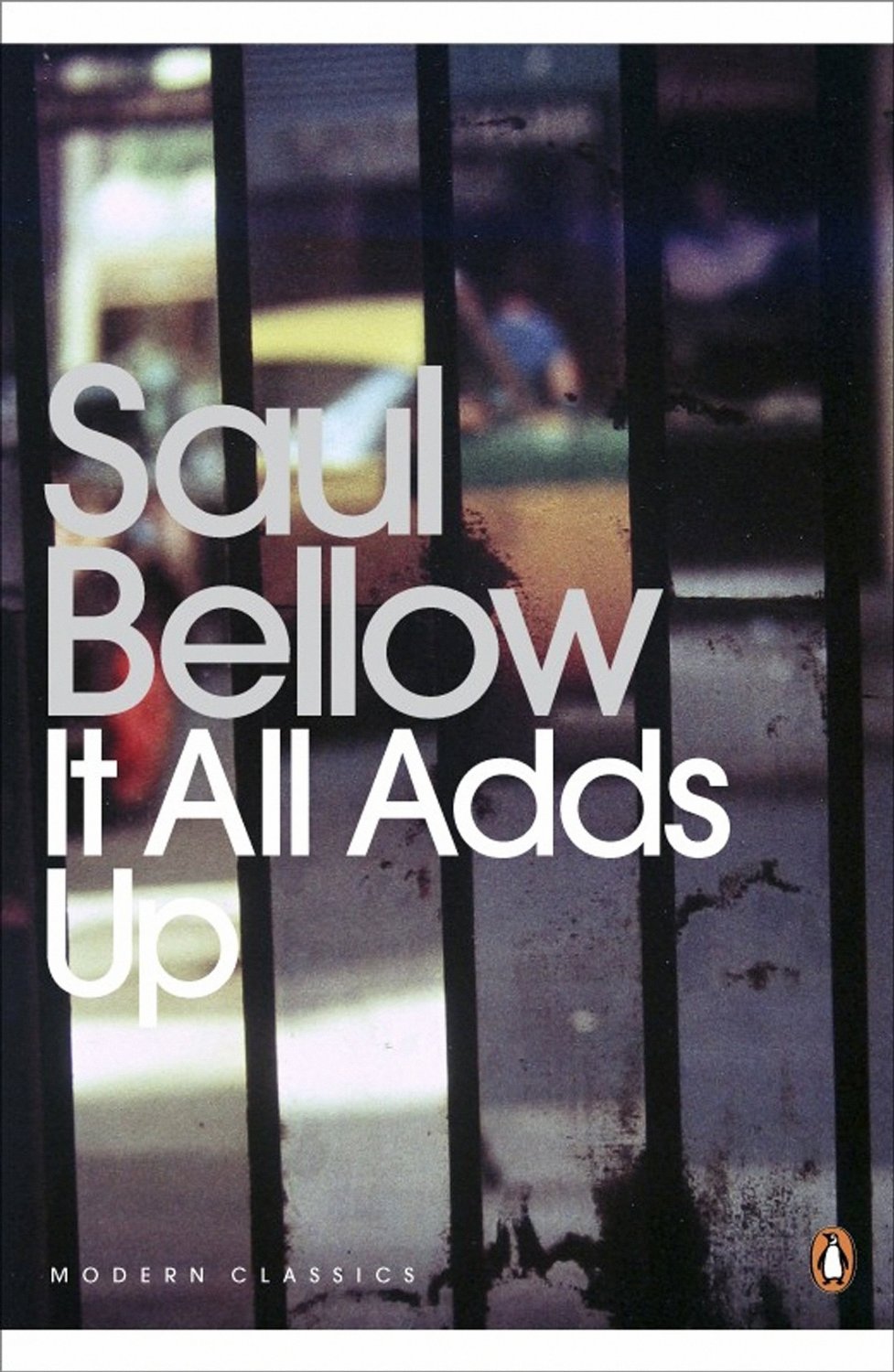by Bill Benzon
 My earliest memory is of a song about a fly that married a bumblebee. I've been told–I don't really remember this–that early one morning I played that record so often that it drove a visiting uncle to distraction.
My earliest memory is of a song about a fly that married a bumblebee. I've been told–I don't really remember this–that early one morning I played that record so often that it drove a visiting uncle to distraction.
I don't know how many people count music as their earliest memory, but I surely can't be unique in that. For music is a basic and compelling form of human experience. Martin Luther believed that “next to the Word of God, the noble art of music is the greatest treasure in the world. It controls our thoughts, minds, hearts, and spirits.” And so it does.
Which perhaps is why we are so ambivalent about it. If it can control us, then it is dangerous. Why else would repressive regimes have worked so hard to suppress jazz and rock and roll? Why would the Taliban attempt to suppress all music?
But let us set the danger aside. It is the power that interests me.
Some years ago Roy Eldridge, the jazz great trumpeter, told Whitney Balliett (American Musicians: 56 Portraits in Jazz) about playing with Gene Krupa:
When … we started to play, I'd fall to pieces. The first three or four bars of my first solo, I'd shake like a leaf, and you could hear it. Then this light would surround me, and it would seem as if there wasn't any band there, and I'd go right through and be all right. It was something I never understood.
What's going on? I suppose we could say it had something to do with the brain and nervous system, but what?
In a similar vein Vladimir Horowitz, the classical pianist, told Helen Epstein (Music Talks: Conversations with Musicians): “The moment that I feel that cutaway–the moment I am in uniform–it's like a horse before the races. You start to perspire. You feel already in you some electricity to do something.” Again, the nervous system, getting him primed, for what?
For this?
“When I'm right and the band is right and the music is right,” [Sonny] Rollins said, “I feel myself getting closer to the place where the sound is less polished and more aboriginal. That's what I'm striving for. The trumpeter Roy Eldridge once told a guy he could only reach a divine state in performance four or five times a year. That sounds about right for me.”
A divine state? What's that – perhaps it's another one of those things that the nervous system rigs up, no? Perhaps. We might also wonder whether or not it's the same thing that Martin Luther had in mind when he talked of music as “the greatest treasure in the world.” And yet they lived in such different worlds, after all: Martin Luther, Sonny Rollins, Roy Eldridge, and Vladimir Horowitz.
Read more »
I felt a Funeral, in my Brain,

